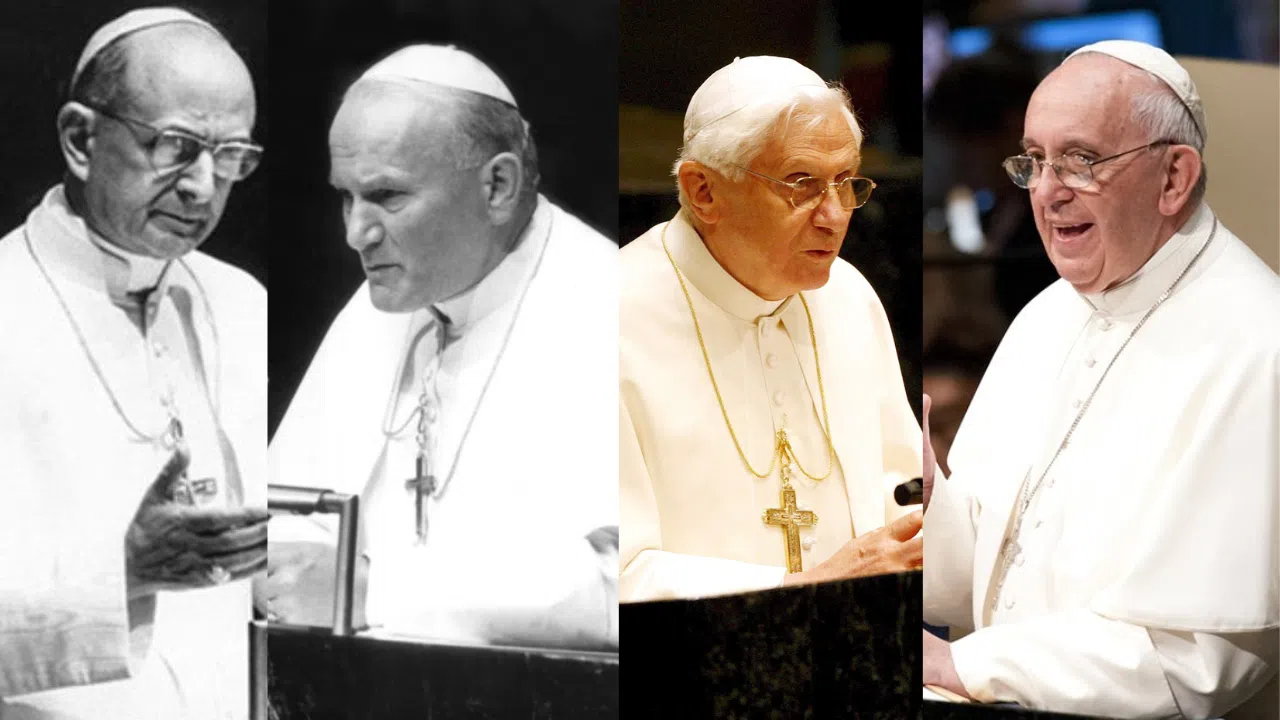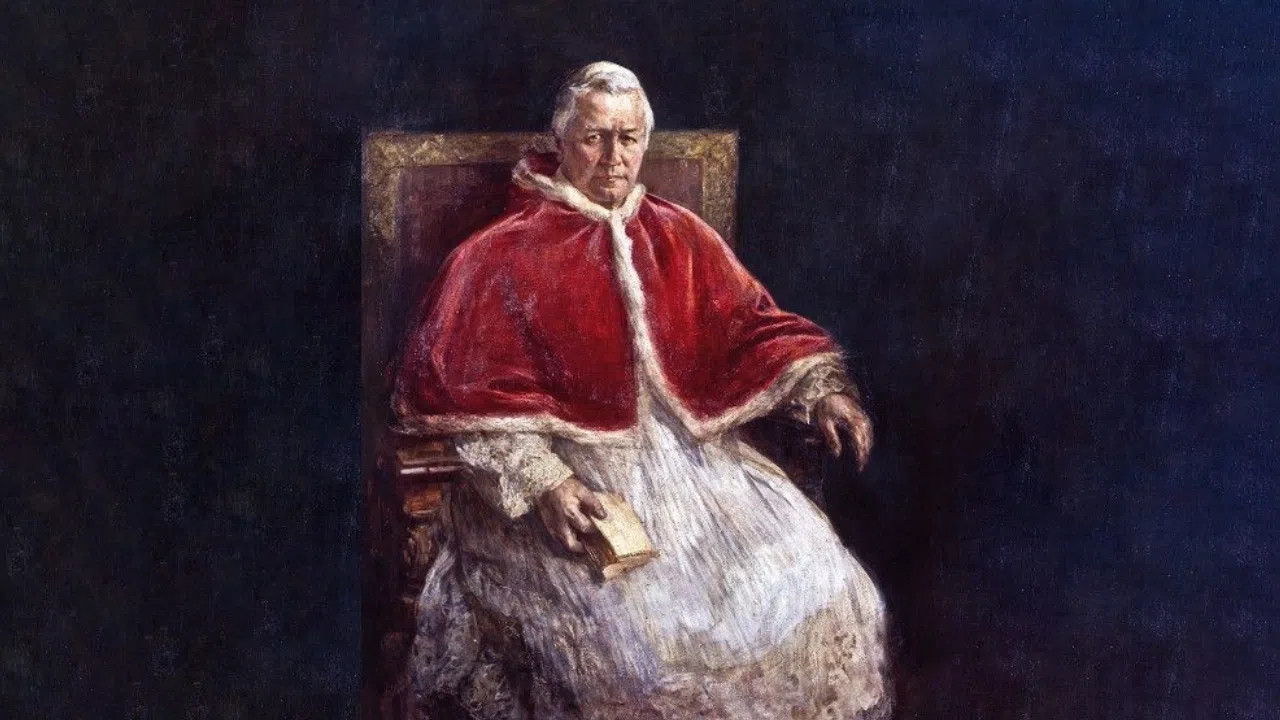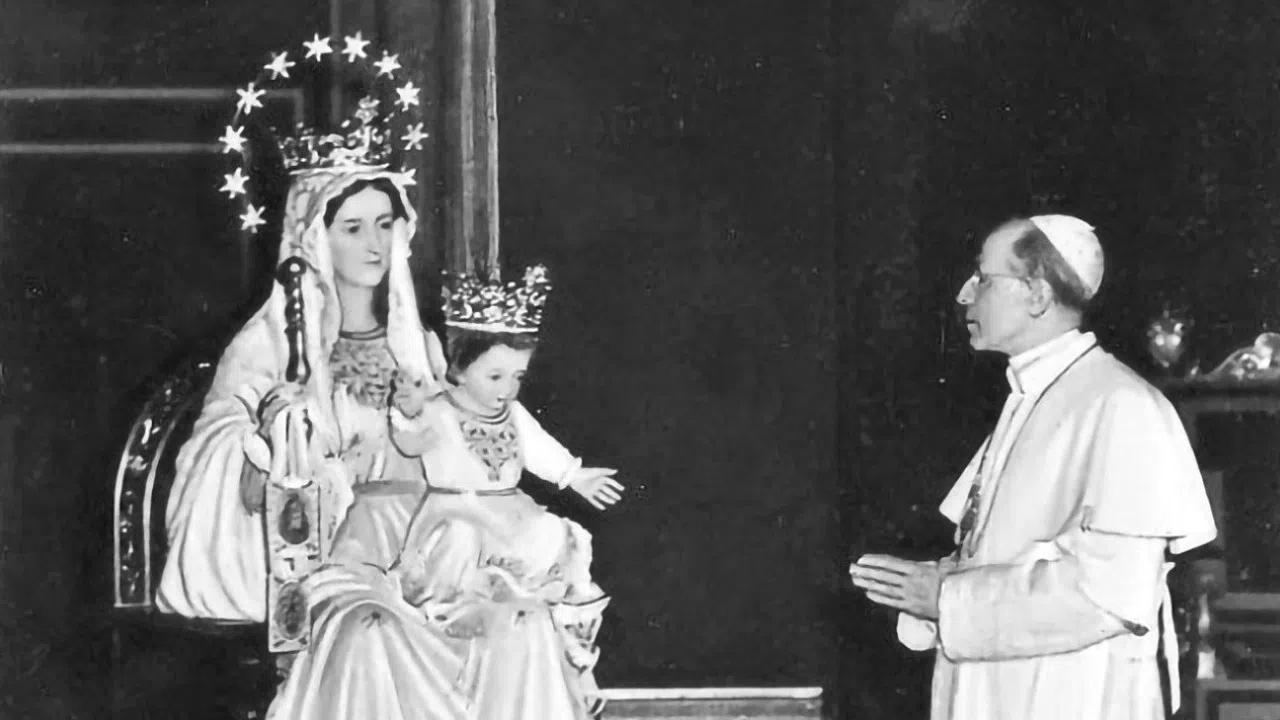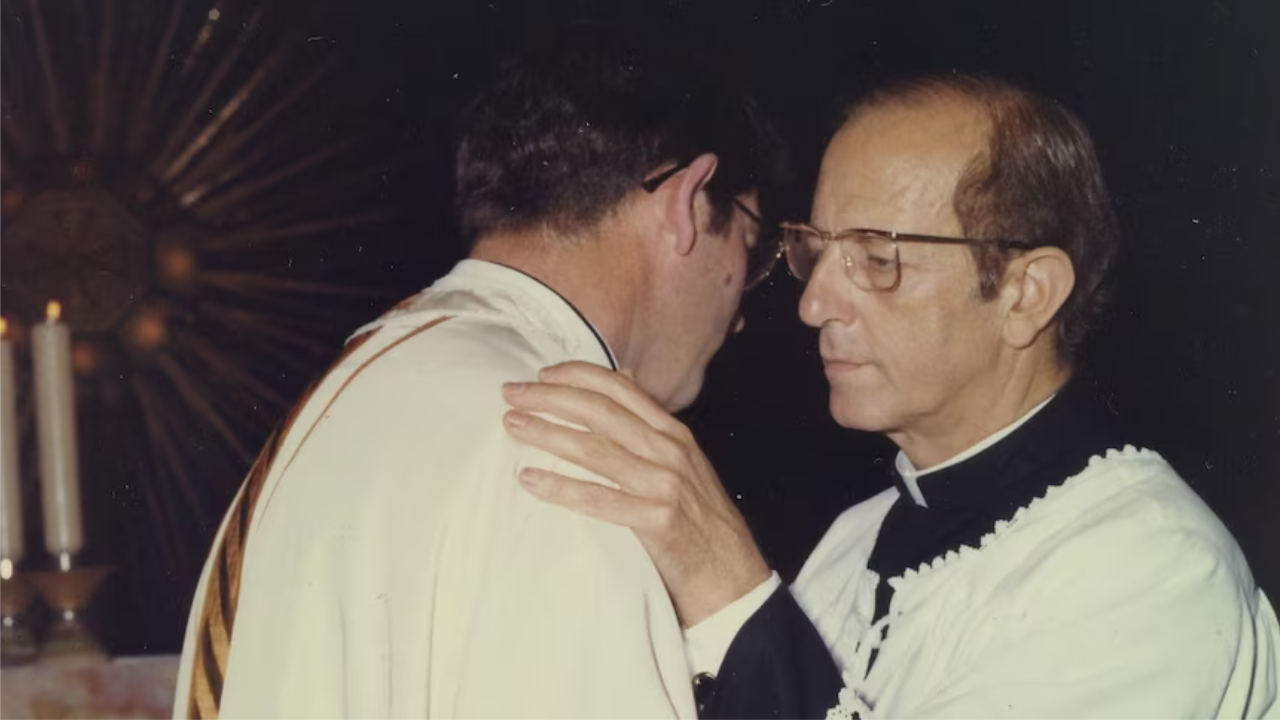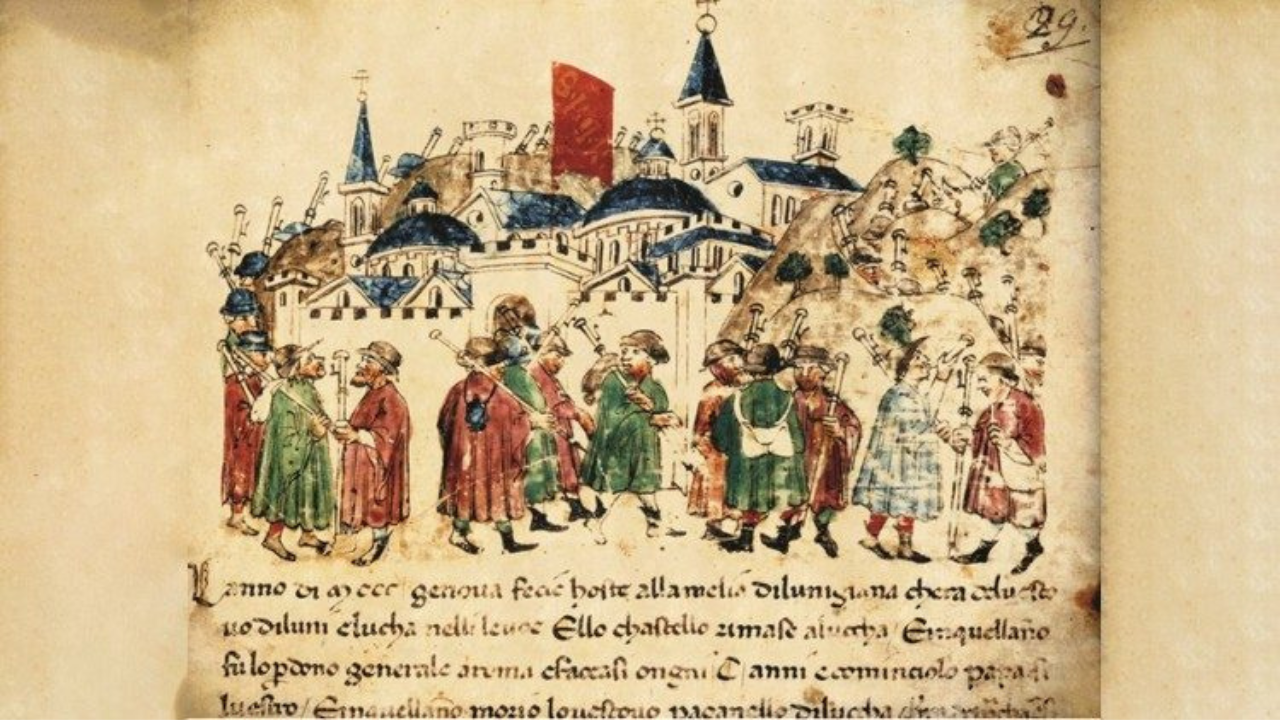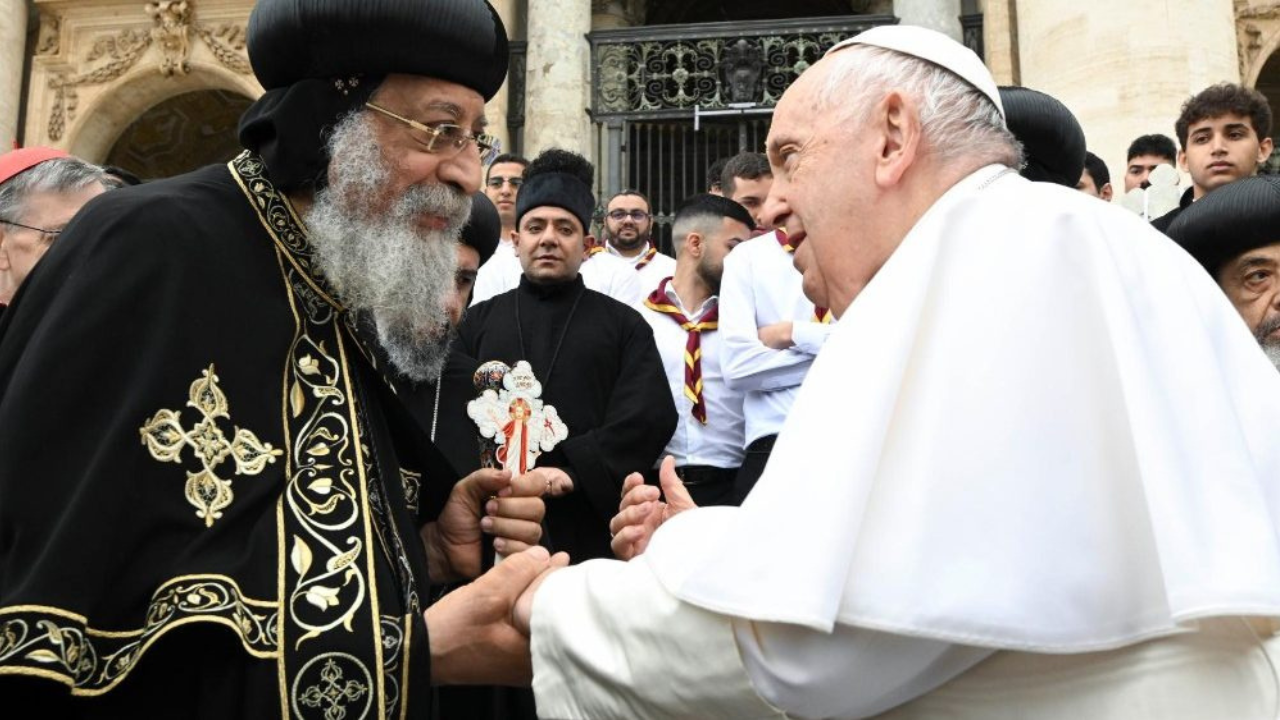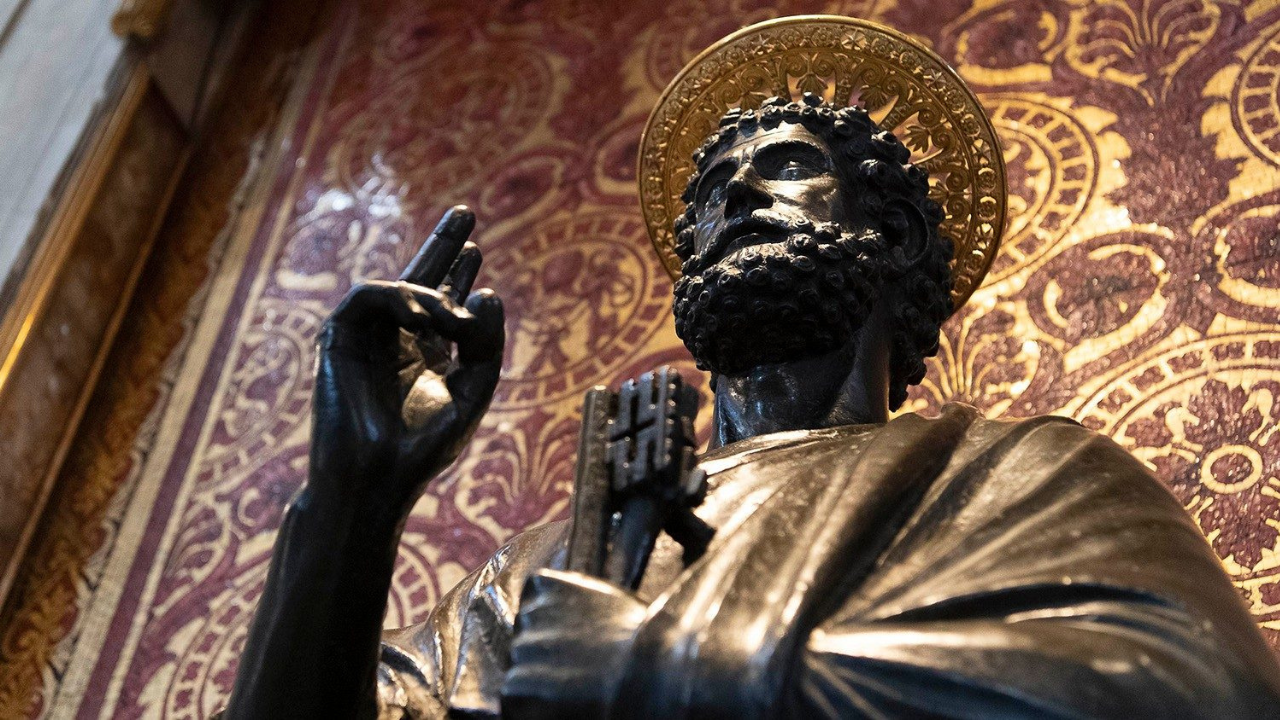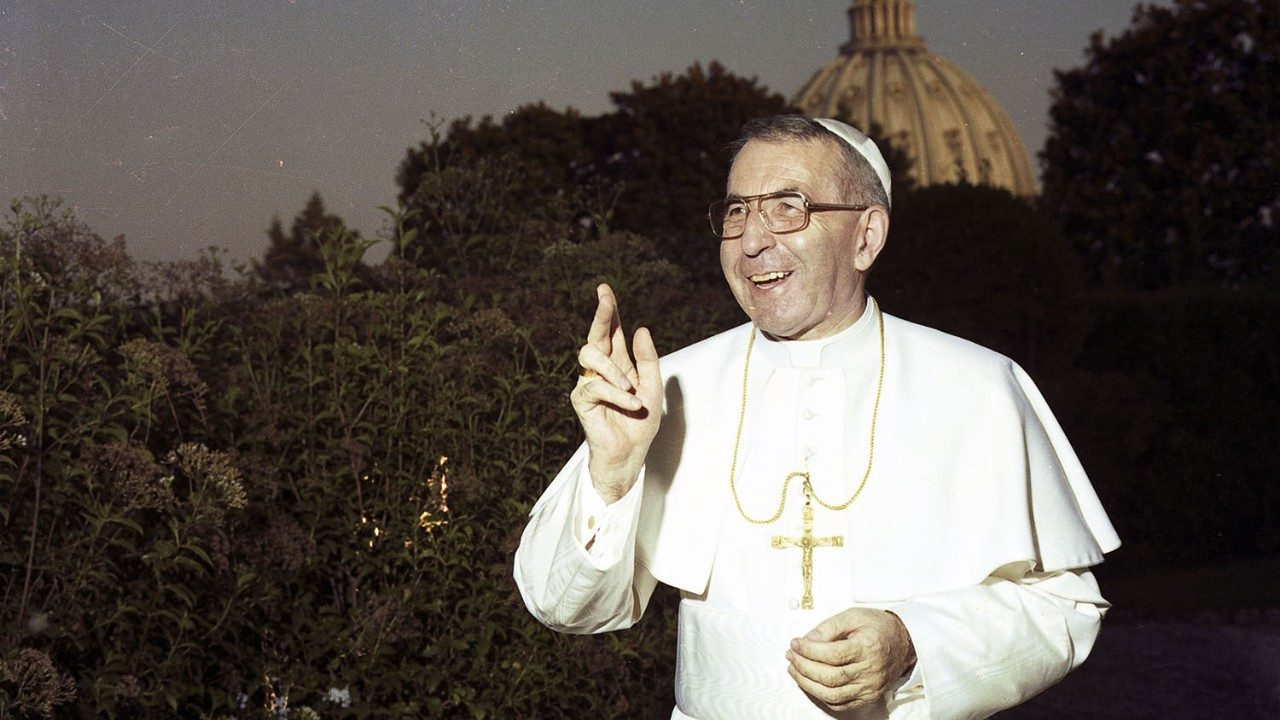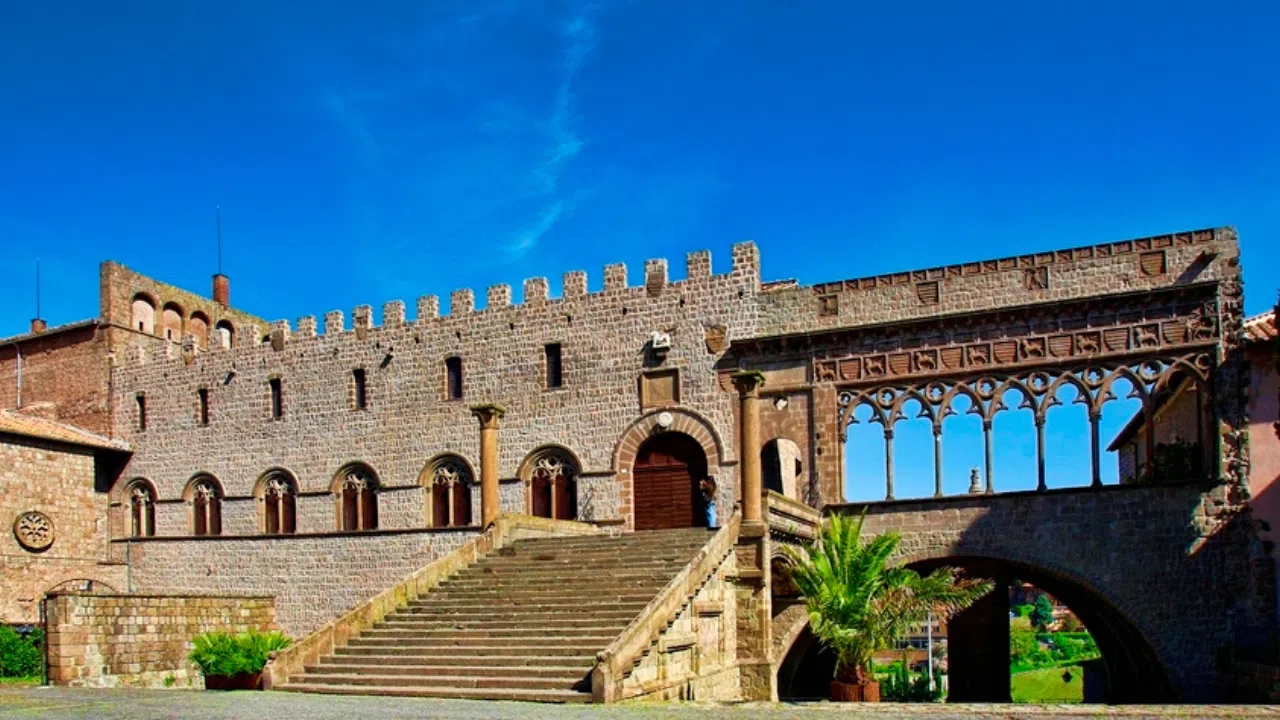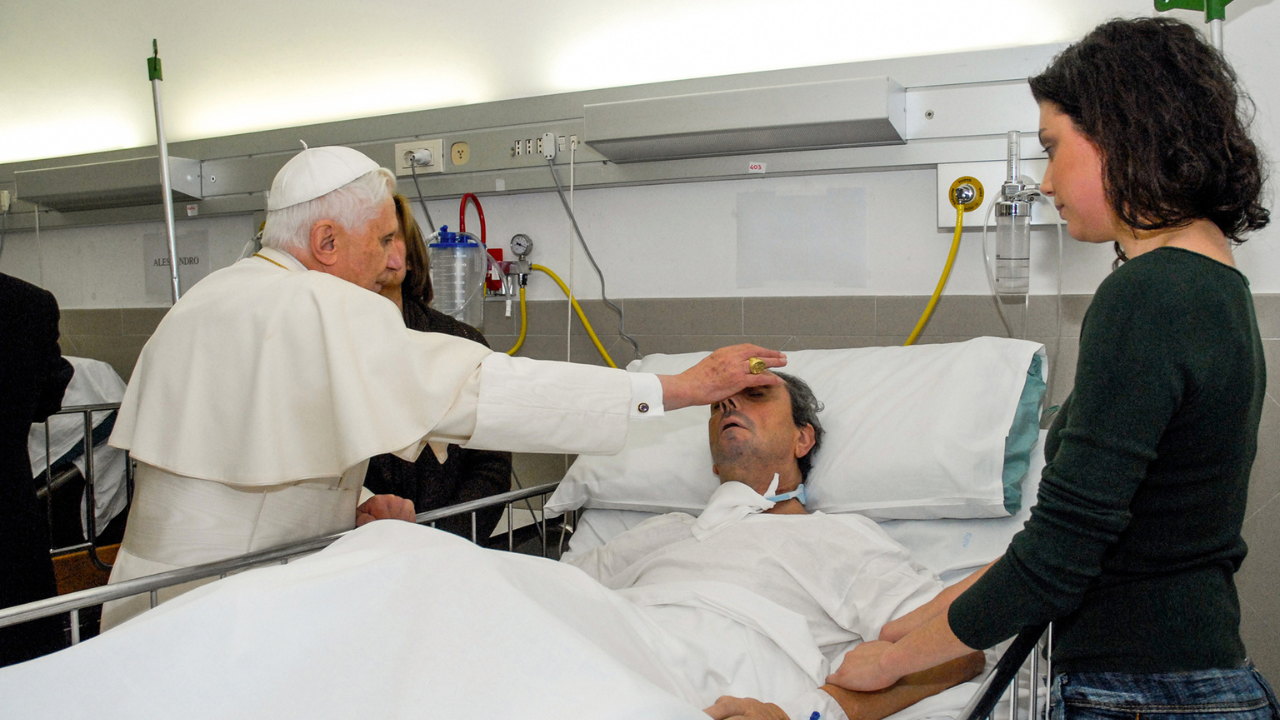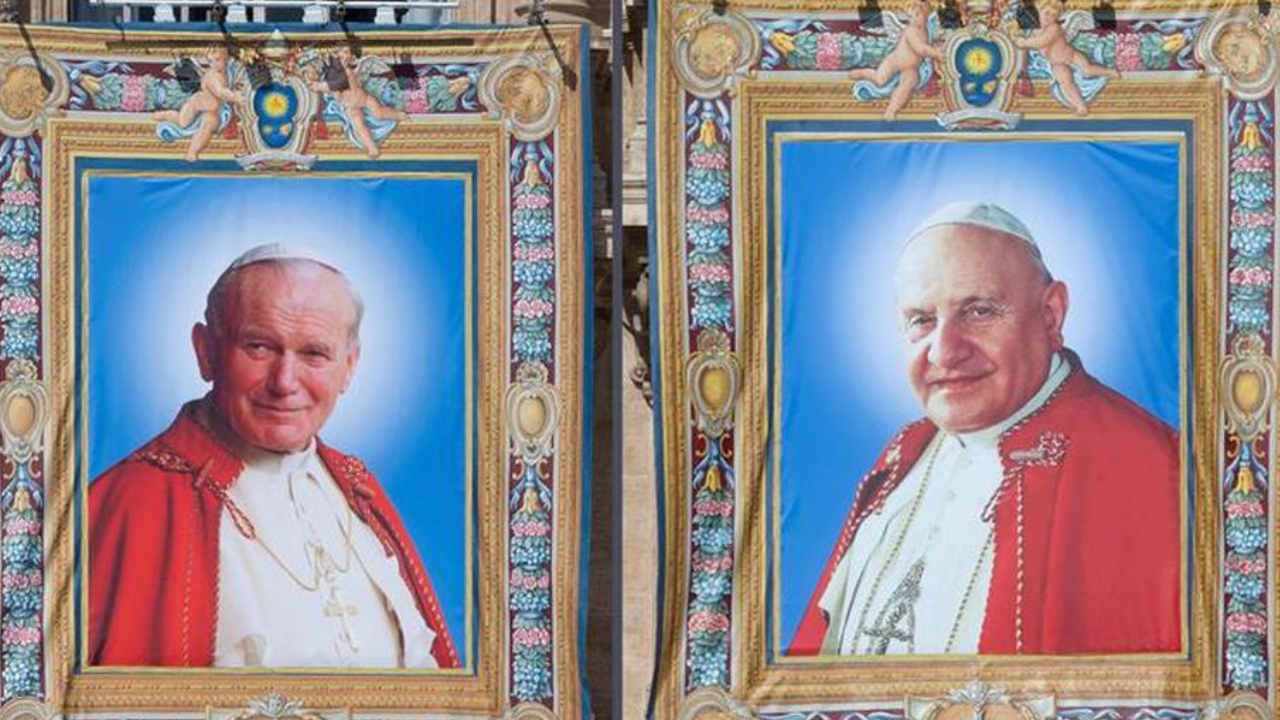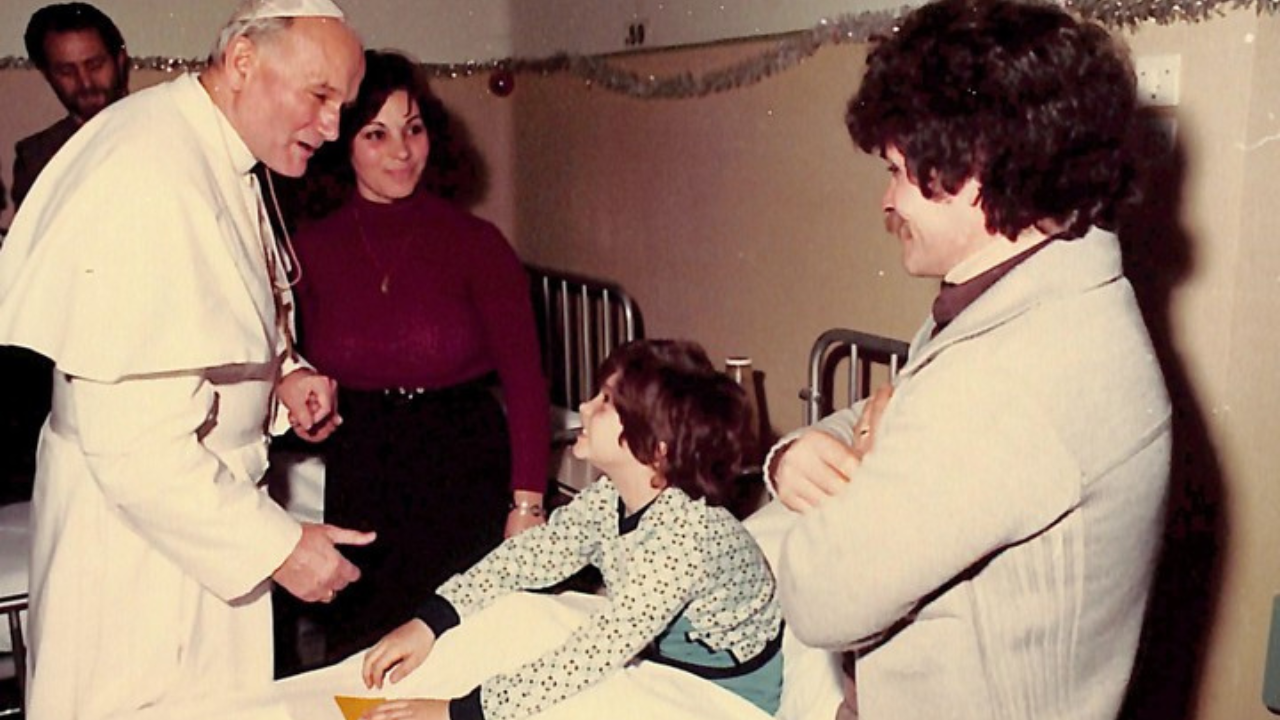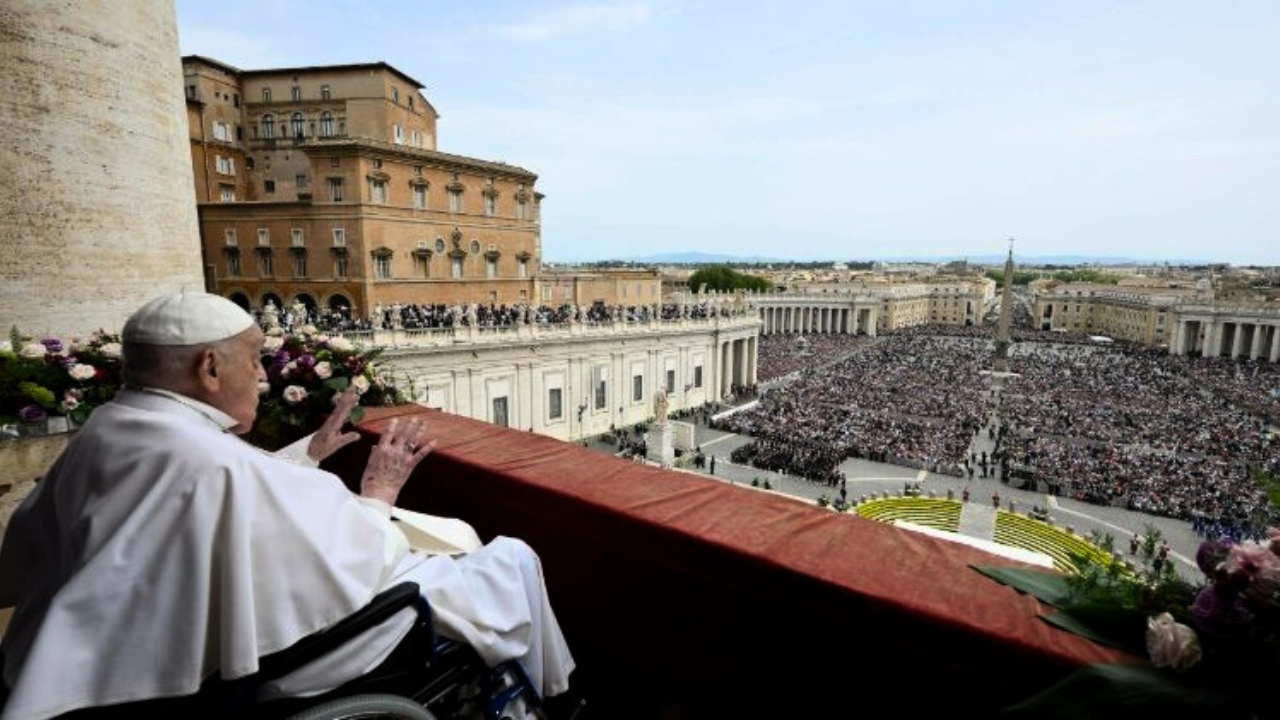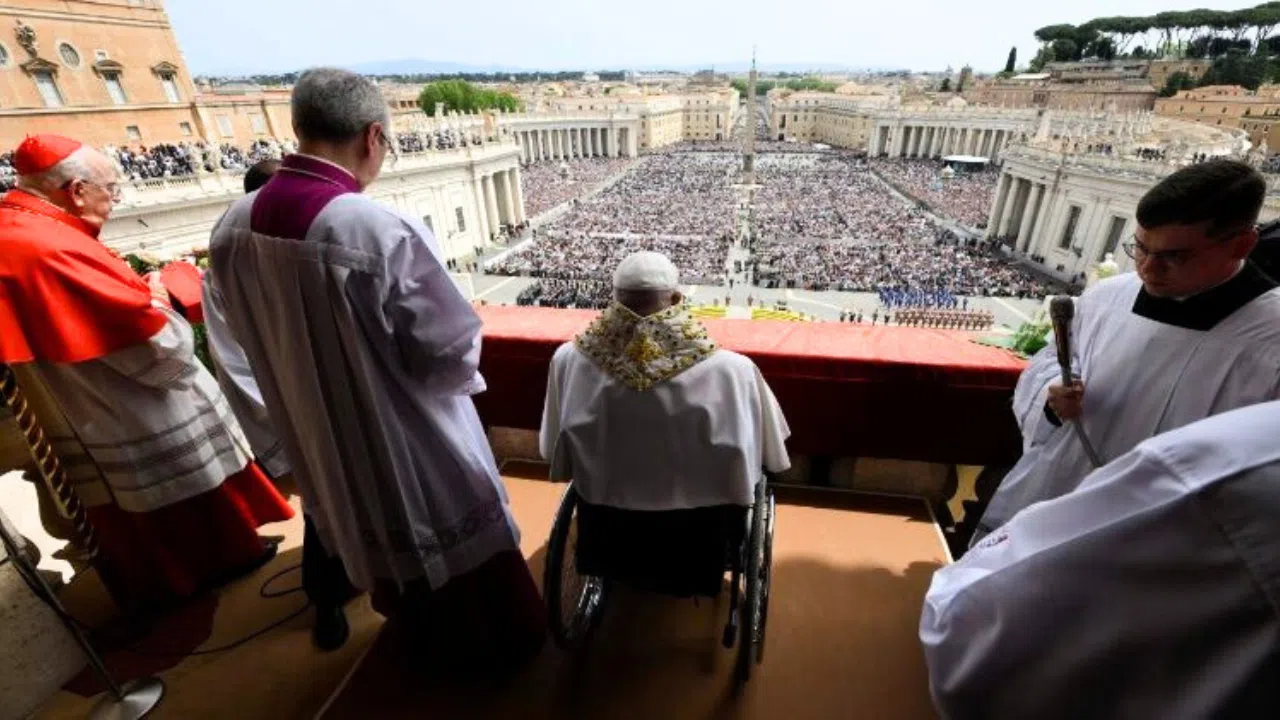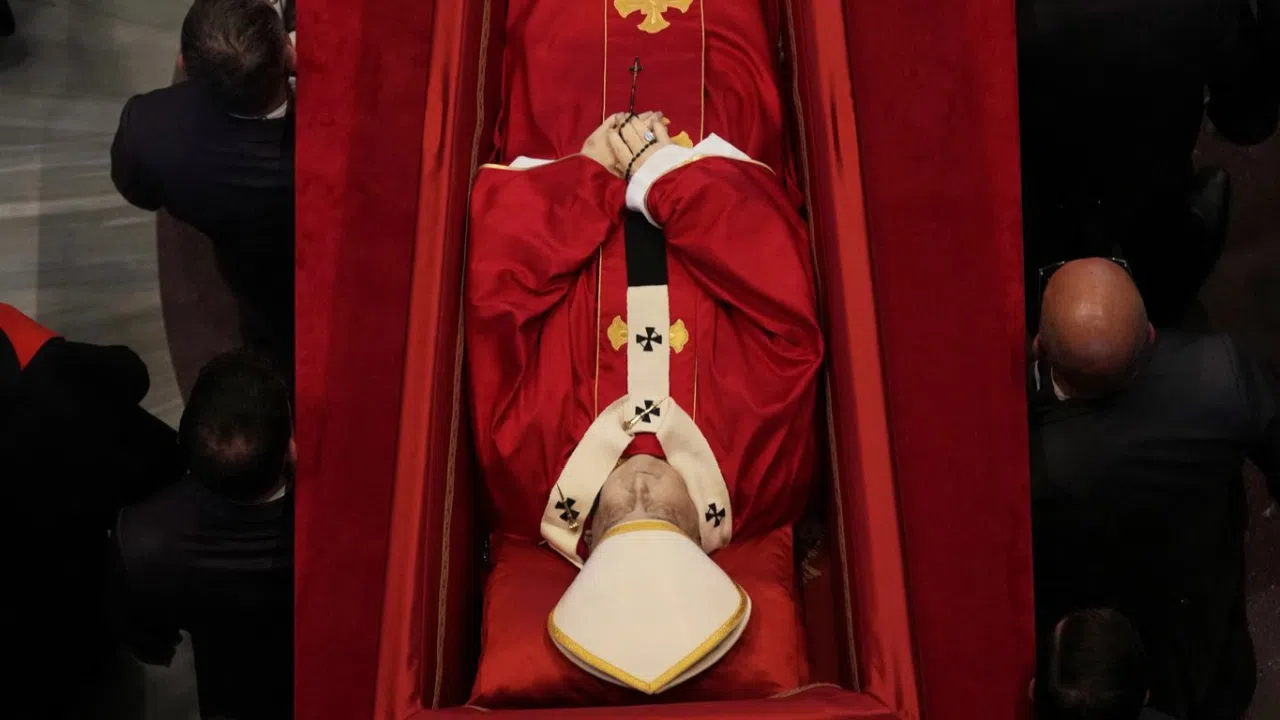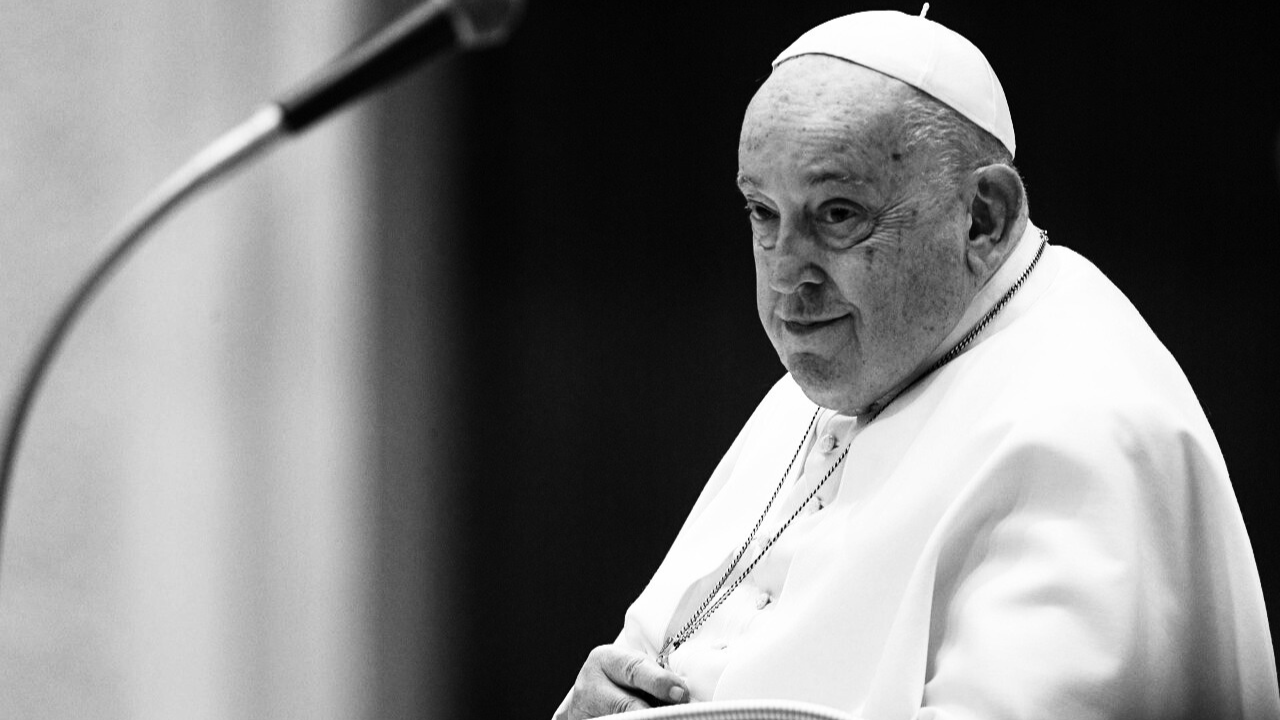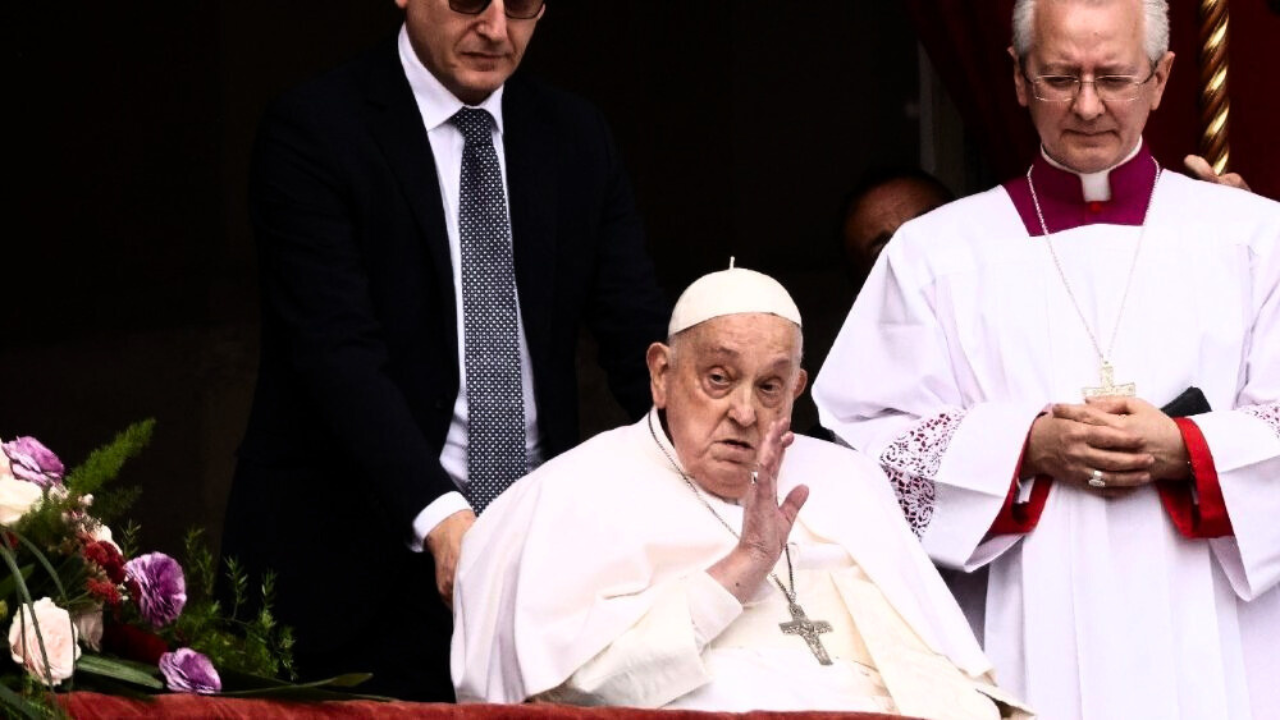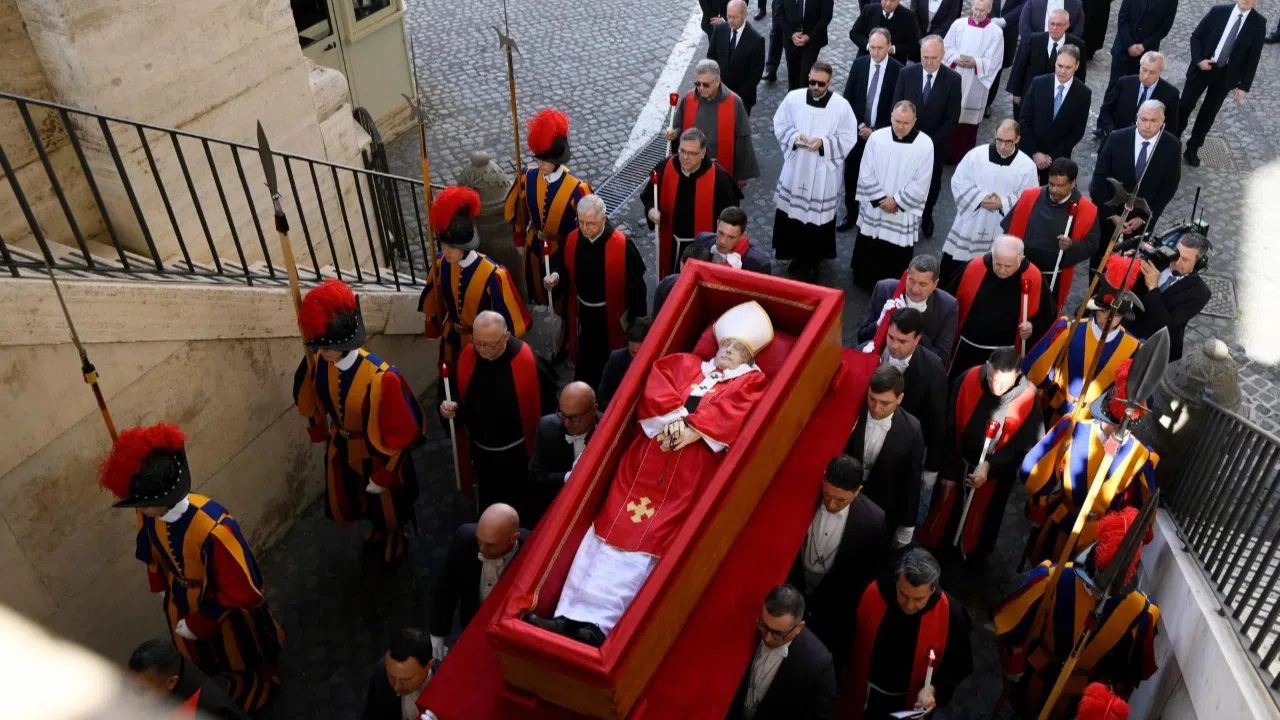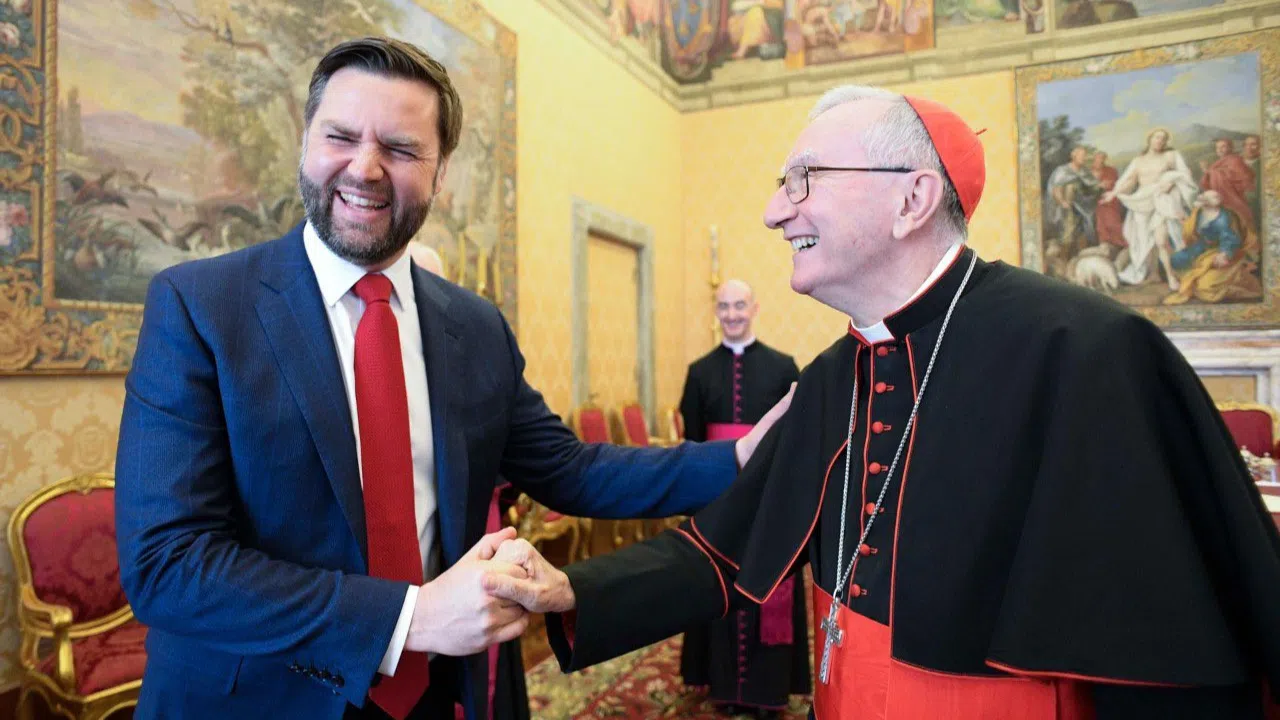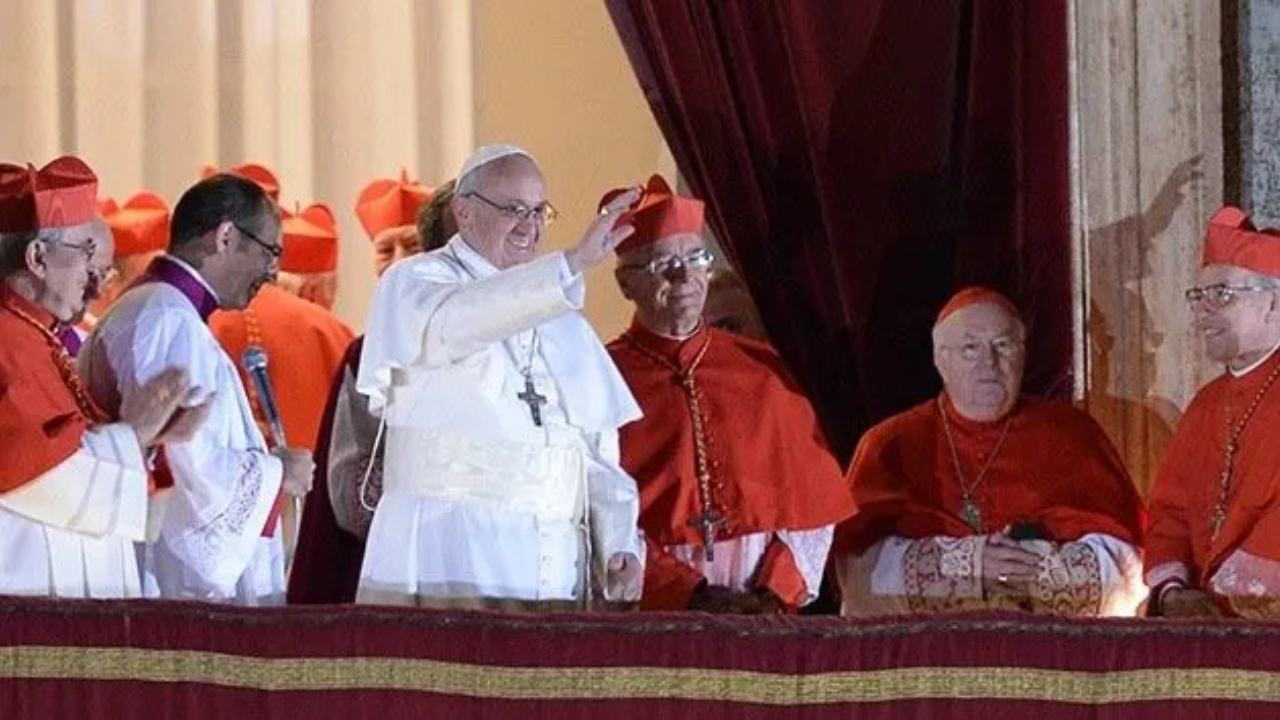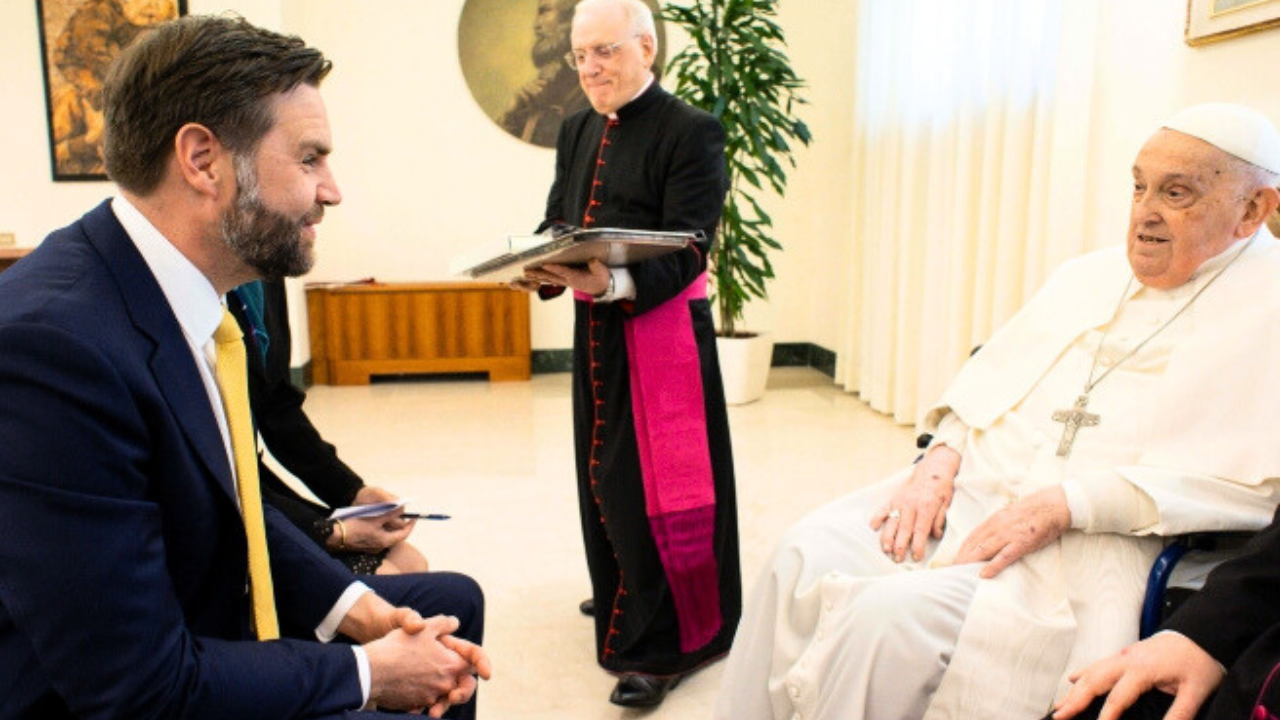In 1937, Pope Pius XI warned the world of coming dangers in his encyclical, Mit Brennerder Sorge, written in German, in which he criticized Nazism. The pope had already intuited that another war was coming.
FR. BERNARD ARDURA
President, Pontifical Committee for Historical Sciences
'The pope knew that the Nazi ideology was a neo-pagan ideology. It did not serve man, in general, but rather members of the Aryan race, and, moreover, the Aryan race exclusively. Consequently, it was a form of racism, a racism which manifested itself with its antisemitism.â?
Pius XI knew that the Treaty of Versailles, which brought an end to World War I, was considered a humiliation for the Germans. Thus, a spirit of revenge was simmering among them. These people were also encouraged by a new leader who stormed Germany with a message that the Germans, who were resentful of Europe, wanted to hear. These circumstances may seem familiar to us even today.
FR. BERNARD ARDURA
President, Pontifical Committee for Historical Sciences
'I believe that lucidity was the determining and relevant element in the governance of Pius XI because it holds a lesson for all politicians: a lucidity and know-how to foresee that when there is no confidence in politicians, or in political systems or institutions, the door is opened to a form of popularism that can democratically raise even a Hitler to power.â?
In addition to Jews, Catholics also began to suffer harassment and persecution. By 1935, the Nazi government had already broken some of the terms of the Concordat of 1933 which the Holy See had signed with the Third Reich. Hitler, who was democratically elected, was beginning to show his true face. The German bishops sounded the alarm, as they were aided by Cardinal Eugenio Pacelli, who would later become Pius XII.
Precisely with the help of Pacelli, Pius XI wrote the encyclical by hand in Rome, which was then carried by diplomatic pouch to Germany. Once there, it was clandestinely printed and read in all the parishes.
FR. BERNARD ARDURA
President, Pontifical Committee for Historical Sciences
'With the publication of the encyclical we find a situation similar to what happened in Holland during the war. This was when all the bishops ordered a letter to be read at the same time in all the churches denouncing the persecutions. In reprise, thousands were murdered. This is the weakness of tyrants, but it is a weakness that leaves behind a mark and that leaves behind blood.â?
As on so many other occasions, the words of the pope fell on deaf ears and nobody was able to stop the murderous madness of the Nazi regime. History continues to teach us lessons so that we can choose not to repeat them in the future.
AC/RSW
MG
-FL
-PR
Up:MB
